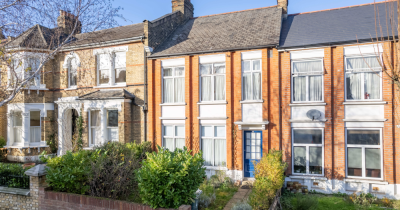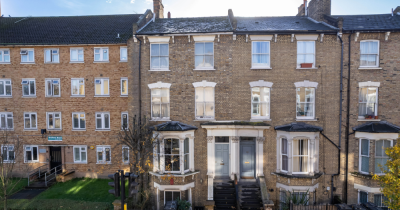Sneak Peak.... Not yet listed on Rightmove or Zoopla....
Are you a landlord considering selling, moving back into your property, or changing tenants? The clock is genuinely ticking on Section 21 notices. Don't get caught out by upcoming legislative changes – understanding your options now is crucial.
Offered Chain Free! Sneak Peak, not yet listed on Rightmove or Zoopla!!!
Property journeys don’t always begin with a phone call. Sometimes they start with curiosity, a moment of “what’s my home really worth?” and a quick visit to our Lloyds Estate Agents Instant Valuation tool. For one homeowner, that small first step opened the door to an exceptional outcome.
If you're considering selling within the next year, an in-person valuation isn’t just helpful – it’s essential. It gives you:
Property trends can shift with the seasons. Mortgage rates fluctuate, buyer demand changes, and neighbourhoods evolve. An instant valuation captures a single moment based on past data, but a live market thrives on what’s happening right now.
If you're thinking of selling in the next 6–12 months, a few strategic upgrades can elevate your home’s appeal and final sale price. Not all improvements are equal, and not all are expensive. Some of the highest-return enhancements are surprisingly simple:
You've had an instant online valuation, and it's given you a ballpark figure. But what if your home is worth more than a computer can tell you? Let's explore how to truly unlock your property's potential.
In today's fast-paced property market, being first to know can make all the difference. Discover how our 'Heads Up' alerts offer a genuine advantage for both buyers and tenants, ensuring you never miss out on your dream home.
Considering a move in the new year? You might be surprised to learn that early 2026 could offer a fantastic window of opportunity for vendors. Let's explore why listing your home in January or February could be a truly smart move.
As we approach 2026, the UK rental market continues to evolve. For landlords, staying ahead of the curve is crucial. Let's explore the key trends, maintenance tips, and tenant turnover preparations to help you thrive.
The festive season is almost upon us, and what better way to embrace the magic than with a classic British pantomime? Get ready for some family-friendly fun, audience participation, and plenty of 'he's behind you!' moments across East London and West Essex.











